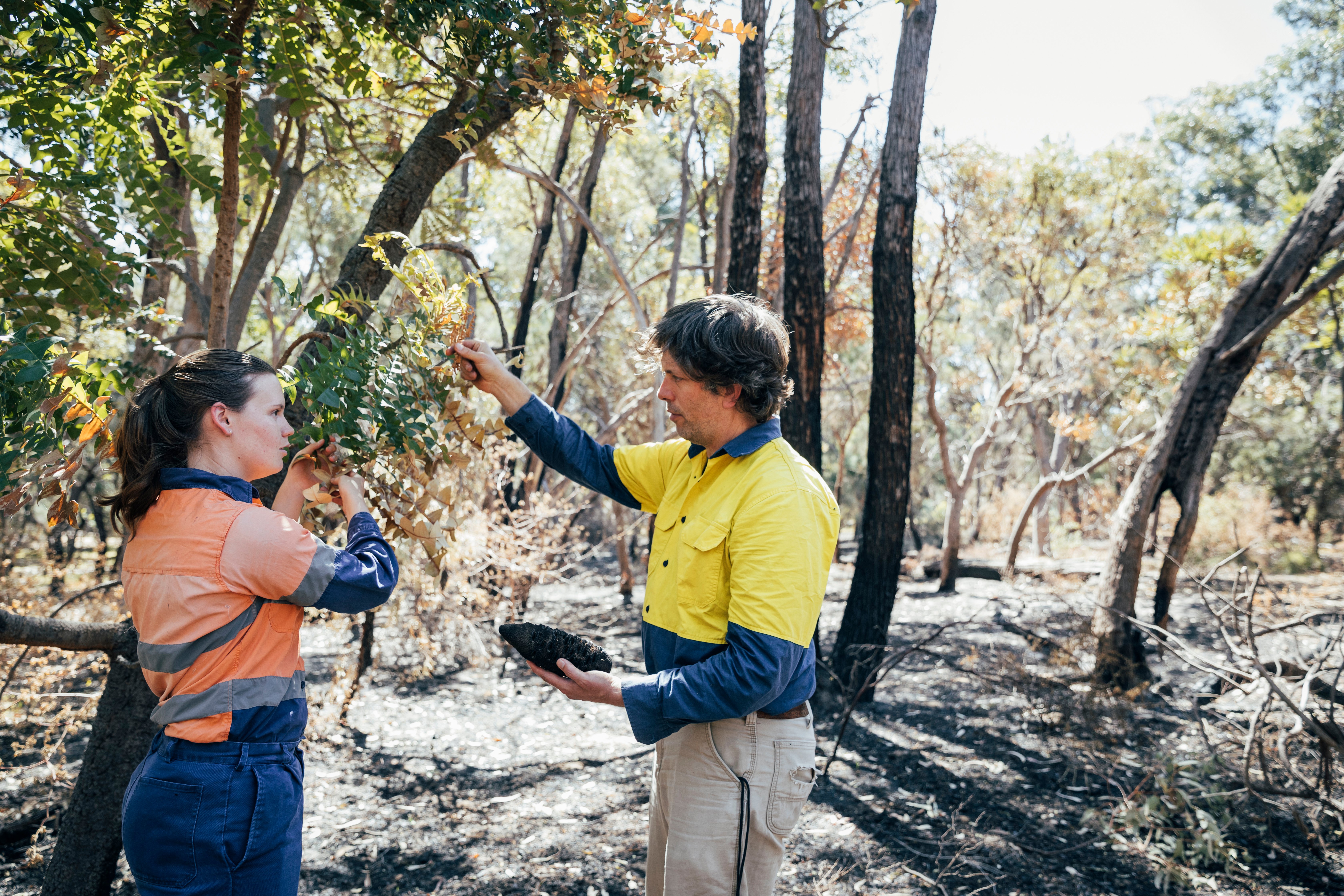Table of contents
Recommended for you

Simplifying the journey to actionable insights
In an earlier post, we talked about Global HR analyst Josh Bersin’s latest research into employee experience, which is fast emerging as the new frontline in the global war for talent.
For organisations to win this war, Bersin says they must become an irresistible organisation: a place that people clamour to join, and rivals want to become.
The irresistible organisation framework includes six key elements, each comprising four dimensions:
1. Meaningful work
2. Strong management
3. Positive workplace
4. Health and wellbeing
5. Growth opportunity
6. Trust in the organisation
The four dimensions of meaningful work are: job and values fit, autonomy and agency, agile teams and supportive co-workers, and time to focus innovate and recover.
Today we examine meaningful work, and the role it plays in driving employee experience. The search for meaning defines humanity; work can help us satisfy that need, as well as allowing for personal expression, contribution, and connecting with others.
The four dimensions of meaningful work are: job and values fit, autonomy and agency, agile teams and supportive co-workers, and time to focus innovate and recover.
Looking at each in turn:
Job and values fit:
The old adage “do what you love and you’ll never work a day in your life” sums up the sentiment of this dimension. Bersin says that “when people feel work fits with their purpose and values, they naturally perform better, are more engaged and, in turn, create more value for customers.” It’s also worth remembering that organisational values play an important role in recruiting and retaining Millennials, with the expectation that corporate values are acted upon. With purpose, people are more invested. And while technology is automating almost everything, he notes that successful companies use technology to make work more human.
Autonomy and agency:
Forget micromanagement, and command and control. They’re it’s so last century. Not only old fashioned but simply unfit for purpose, and ineffective in today’s complex, fast-moving business environments. Give your team the licence, discretion and trust to do the job. Bersin observes that work “just works” when “people have a say in how they do their jobs, set goals and objectives with autonomy, and are empowered to do ‘right’ for the customer. “
Agile teams, supportive co-workers:
Bersin also says that who we work with can have a big impact. He notes that COVID-19 took agile and cross-functional teamwork to a new level, with engagement and productivity rising in the first few months of the pandemic. Work is no place for super chickens, in fact, it can be counterproductive. Stanford University’s Carole Dweck observed that collaboration and cooperation are fostered in businesses where everyone has value on the team. Something to think about.
Time to focus, innovate and recover:
Working at breakneck speed is unsustainable, and in the current environment, there is a real and present danger of burnout and increased mental health issues. Not only that, you simply cannot do your best work if you are overworked.
Bersin says we need rest and recovery. Allowing people to take time away helps them work better because they don’t have to worry about all the things they don’t have time to do.
Apart from it being the right thing to do, there are also financial benefits for caring employers. He cites organisations that go above and beyond for their employees (remuneration, conditions, empowerment) are rewarded with higher profitability per employee.
New Zealand Business Leaders: Navigating Through Disruption
New Zealand Business Leaders’ Effectiveness 2019–2021: Navigating Through Disruption insights paper provides an updated view from “How Effective are New Zealand Business Leaders?”, an insights paper published in 2019, reviewing leader effectiveness. Download the latest research findings below to learn more about what New Zealand business leaders are getting right and where they still need to lift.











